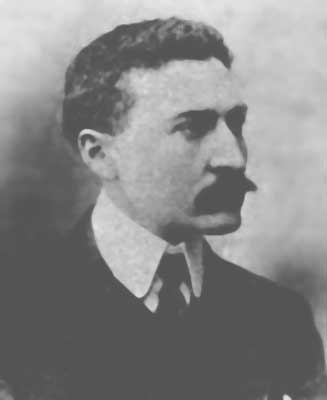Conventions Used in This Book
Throughout this book, we use several conventions to help you out. Terms that are not “real words,” such as the name of some program variable, appearin this font to minimize the confusion factor. Program listings are offset from text as follows:
use System;
namespace MyNameSpace
{
public class MyClass
{
}
}
Each listing is followed by a clever, insightful explanation. Complete programs are included on the CD-ROM for your viewing pleasure. Small code segments are not. Finally, you’ll see command arrows, as in the phrase, “Choose File➪Open-With➪Notepad.” That means choose the File menu option. Then, from the pull-down menu that appears, choose Open With. Finally, from the resulting submenu, choose Notepad. Where to Go from Here Obviously, the first step is to figure out the C# language, ideally using C# 2005 For Dummies, of course. You may want to give yourself a few months of writing simple C# programs before taking on the next step of discovering how to create Windows applications. Give yourself many months of Windows application experience before you branch out into writing programs intended to be distributed over the Internet. In the meantime, you can keep up with C# goings and comings in several locations. First, check out the official source: http://msdn.microsoft.com/msdn. In addition, various programmer Web sites have extensive material on C#, including lively discussions all the way from how to save a source file to the relative merits of deterministic versus nondeterministic garbage collection. Around my house, garbage collection is very deterministic: It’s every Wednesday morning. Here are a few large C# sites:
www.gotdotnet.com, the .NET team’s official site
http://msdn.microsoft.com, which gets you to related team sites, including C# and the .NET Framework
Introduction 7
http://blogs.msdn.com/csharpfaq, a C# Frequently Asked Questions
blog
http://msdn.microsoft.com/vcsharp/team/blogs, which is comprised
of personal blogs of C# team members
www.cs2themax.com
One of the authors maintains a Web site, www.chucksphar.com, containing a set of Frequently Asked Questions (FAQs). If you encounter something that you can’t figure out, try going there — maybe the FAQs have already answered your question. In addition, the site includes a list of any mistakes that may have crept into the book. Finally, and we do mean finally, you can find a link to the authors’ e-mail addresses, in case you can’t find the answer to your question on the site.
Τετάρτη 12 Δεκεμβρίου 2007
Εγγραφή σε:
Σχόλια ανάρτησης (Atom)

Δεν υπάρχουν σχόλια:
Δημοσίευση σχολίου